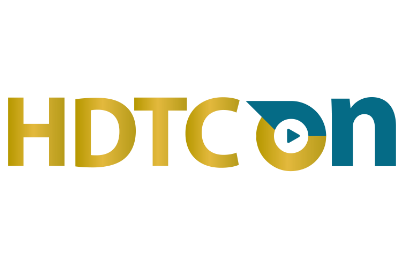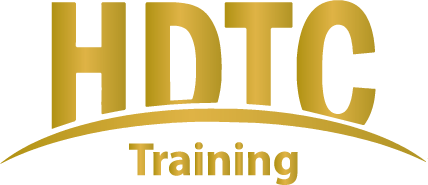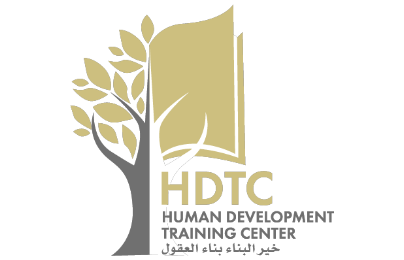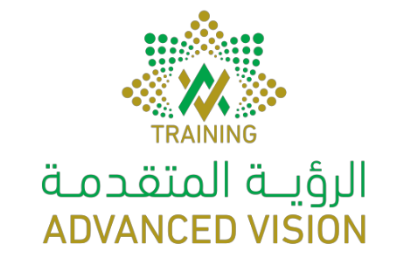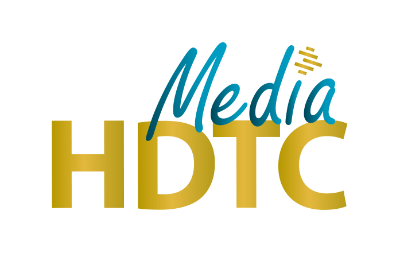After completing this course, students will be able to:
- Describe cloud concepts
- Describe core Microsoft 365 services and concepts
- Describe security, compliance, privacy, and trust in Microsoft 365
- Describe Microsoft 365 pricing and support
Agenda
Describe cloud computing
- What is cloud computing
- Describe the shared responsibility model
- Define cloud models
- Describe the consumption-based model
Describe the benefits of using cloud services
- Describe the benefits of high availability and scalability in the cloud
- Describe the benefits of reliability and predictability in the cloud
- Describe the benefits of security and governance in the cloud
- Describe the benefits of manageability in the cloud
Describe cloud service types
- Describe Infrastructure as a Service
- Describe Platform as a Service
- Describe Software as a Service
What is Microsoft 365?
- Describe the differences between Office 365 and Microsoft 365
- Describe Windows 365
- Describe how Microsoft 365 empowers workers in this hybrid world of work
- Explore Microsoft 365 tenant
Describe productivity solutions of Microsoft 365
- Describe the productivity capabilities and benefits of Microsoft 365
- Describe Microsoft 365 Apps
- Describe work management tools in Microsoft 365
- Describe additional Microsoft 365 productivity apps
Describe collaboration solutions of Microsoft 365
- Describe the collaboration capabilities and benefits of Microsoft 365
- Describe how Microsoft Teams promotes collaboration and enhances teamwork
- Describe the Microsoft Viva apps
- Describe how Yammer helps communities connect and grow
Describe endpoint modernization, management concepts, and deployment options in Microsoft 365
- Describe the endpoint management capabilities of Microsoft 365
- Compare the differences between Windows 365 and Azure Virtual Desktop
- Describe the deployment and release models for Windows-as-a-Service (WaaS)
- Identify deployment methods and update channels for Microsoft 365 Apps
Describe the analytics capabilities of Microsoft 365
- Describe the capabilities of Viva Insights
- Describe the capabilities of the Microsoft 365 admin centre and Microsoft 365 user portal
- Describe the reports available in the Microsoft 365 admin centre and other admin centres
Describe the services and identity types of Azure AD
- Describe Azure Active Directory
- Describe the available Azure AD editions
- Describe Azure AD identity types
- Describe the types of external identities
- Describe the concept of hybrid identity
Describe the access management capabilities of Azure AD
- Describe Conditional Access in Azure AD
- Describe the benefits of Azure AD roles and role-based access control
Describe threat protection with Microsoft 365 Defender
- Describe Microsoft 365 Defender services
- Describe Microsoft Defender for Office 365
- Describe Microsoft Defender for Endpoint
- Describe Microsoft Defender for Cloud Apps
- Describe Microsoft Defender for Identity
- Describe the Microsoft 365 Defender portal
Describe the security capabilities of Microsoft Sentinel
- Describe how Microsoft Sentinel provides integrated threat management
- Understand Sentinel costs
Describe the compliance management capabilities in Microsoft Purview
- Describe the Microsoft Purview compliance portal
- Describe Compliance Manager
- Describe the use and benefits of the compliance score
Describe the Service Trust Portal and privacy at Microsoft
- Describe the Service Trust Portal
- Describe Microsoft's privacy principles
- Describe Microsoft Priva
Describe Microsoft 365 pricing, licensing, and billing options
- Explore pricing models for Microsoft cloud services
- Explore the billing and bill management options
- Explore the available licensing and management options
Describe support offerings for Microsoft 365 services
- Explore support options for Microsoft 365 services
- Explain service level agreement (SLA) concepts
- Identify how to track the service health status
- Explore how organizations can share feedback on Microsoft 365 services
The benefits of obtaining the Microsoft 365 Fundamentals certification include gaining a foundational understanding of Microsoft 365 services and boosting career opportunities in IT support and administration roles. This certification validates skills in cloud-based technology and enhances job prospects.
This course is designed for candidates looking to demonstrate foundational-level knowledge of cloud-based solutions to facilitate
productivity and collaboration on-site, at home, or a combination of both. Candidates may know cloud-based solutions or may be new to Microsoft 365.
New or aspiring IT professionals. If you hope to have a career in cybersecurity, starting with a Microsoft Fundamentals certification is a
good way to get your feet wet with big concepts that will persist throughout your career. This Microsoft Certified: Security, Compliance,
and Identity Fundamentals training is great for new security technicians since it defines the concepts and tools you'll be managing and
configuring practically every day.
This Microsoft Certified: Security, Compliance, and Identity Fundamentals training prepares learners for passing the SC-900 and earning an entry-level certification, but the knowledge within it is highly valuable for anyone who makes decisions that affect networks and their security.
The Microsoft 365 Fundamentals certification is recognized in the industry.
It validates a candidate's foundational knowledge of Microsoft 365 services, making them more competitive in the job market.
Individuals with the Microsoft 365 Fundamentals certification can pursue careers as IT support specialists, help desk technicians, or systems administrators.
They can also work in roles such as cloud application administrators or productivity consultants.
- Cloud Administrators
- Cloud Developer/Cloud Engineers
- Cloud Solutions Architects
The number of questions on a certification exam is subject to change as we make updates to ensure it aligns with current changes in the technology and job role. Most Microsoft Certification exams typically contain between 40-60 questions; however, the number can vary depending on the exam.
You will have 45 minutes to complete this assessment.
Exam policy
This exam will be proctored and is not an open book. You may have interactive components to complete as part of this exam. To learn more about exam duration and experience, visit: Exam duration and exam experience.
If you fail a certification exam, don’t worry. You can retake it 24 hours after the first attempt. For subsequent retakes, the amount of time varies.
